Are you looking for the best business analytics and business intelligence solutions in retail? Well, it is not surprising. According to Fortune Business Insights, the retail business intelligence market is anticipated to grow at a CAGR of 17.7% from 2018 to 2028, reaching USD 18.33 billion.
The retail sector has historically been slower than other sectors to adopt new technologies, and this trend continues with the adoption of BI technology. BI software for financial reporting and consolidation, customer intelligence, regulatory compliance, and risk management has advanced significantly in several areas, such as financial services. Retailers are, however, catching up swiftly and starting to understand the various BI applications for their particular industries.
What is retail business intelligence?
A retail business intelligence (BI) system is used to gather, process, and analyze data about the retail industry to deliver pertinent insights to:
- Improve client retention and customer satisfaction.
- Plan and optimize your assortment.
- Marketing campaign planning.
- Find new prospects for sales, etc.
Considering retail firms manage a tremendous amount of data, from supplier data to customer buying behavior, employee information to inventory details, every interaction and data point offers a possibility to make your retail business more successful and lucrative.
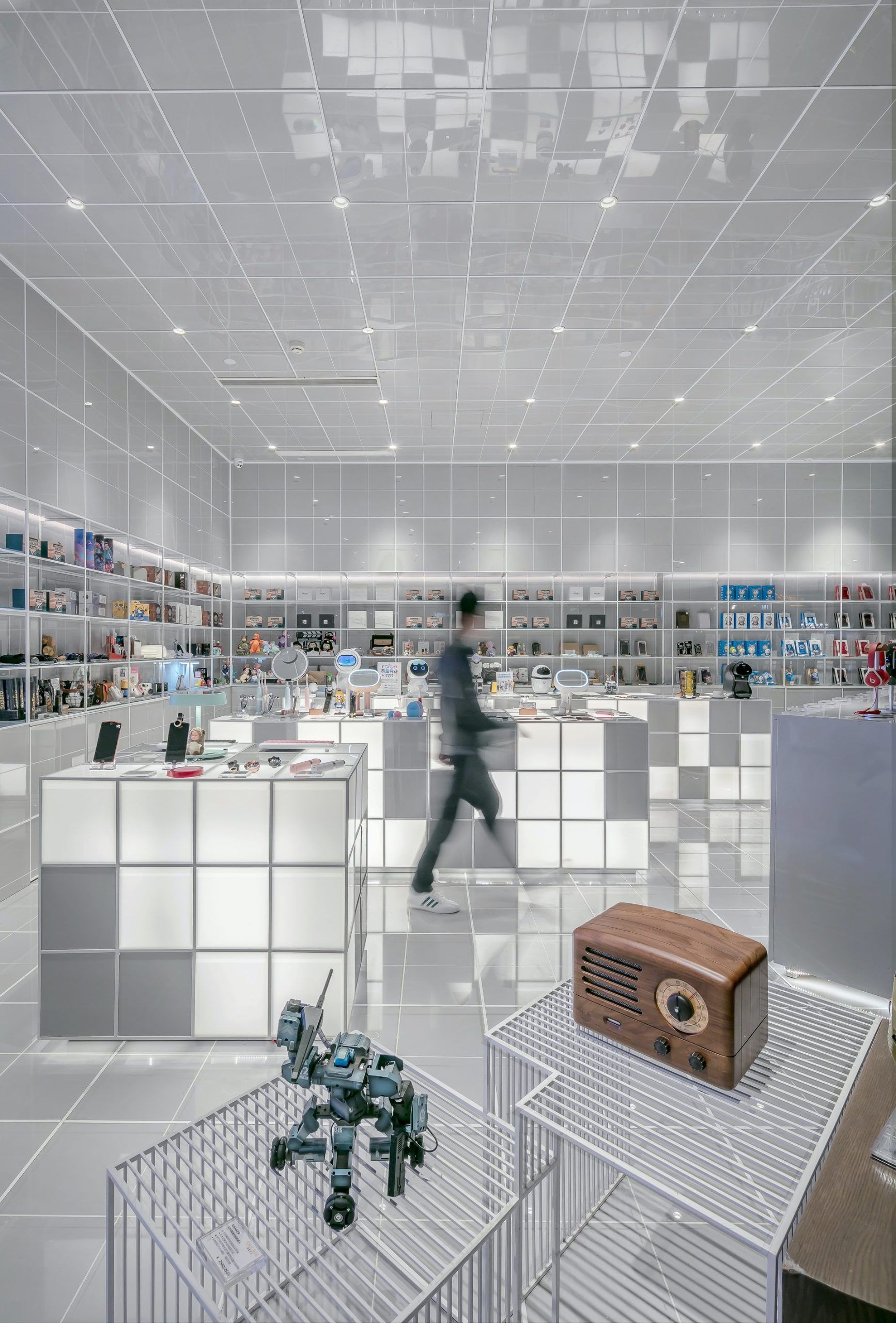
Retailers can employ a variety of various solutions to enhance their BI. Business analytics and business intelligence solutions in retail consist of:
Business analytics and business intelligence solutions in retail need crucial integrations. You require necessary integrations to comprehend how clients act, how different sales channels perform, and whether marketing efforts are successful:
- Customer relationship management (CRM) software
- Ecommerce platform
- Point of sale system
- Customer service software
- Marketing campaign management software
- Inventory management software
- Supplier management software
After integrating these systems into your ecosystem, the benefits of business analytics and business intelligence solutions in retail will appear.
Check out the effect of machine learning in retail
Benefits of business analytics and business intelligence solutions in retail
What are the benefits of Business analytics and business intelligence solutions in retail? These are some of the best benefits of intelligent systems in retail:
- Find emerging trends
- Improve business operations
- Identify customer locations
- Enhance efficiency in the supply chain
- A better understanding of consumer demands
- Improve merchandising
- Improve inventory management
- Optimize store floor plans
- Competitor tracking in social media
- Informed decision making
- More effective marketing
Let’s take a closer look at the advantages of business analytics and business intelligence solutions in retail. How analytics is helpful for a retail business?
Finding emerging trends
BI will become even more crucial in recognizing new and developing customer patterns, enabling organizations to adjust without facing significant challenges.

Retailers can use business intelligence to find industry-specific trends that need to be considered.
Improve business operations
Retail companies can better manage their operations by using BI solutions. It aids in their monitoring of company activities. This enables quick repairs to be made in the event of mistakes.
For example, a retail business can utilize the BI tool to handle late deliveries and determine their cause. The company’s operations might be greatly improved with this knowledge.
Identify customer locations
Businesses may see where customers are physically located (states, cities, etc.) and how they found their websites and products, such as through recommendations or email marketing.
Enhance efficiency in the supply chain
Supply chains have become more complex as retailers take on additional merchants and start selling more of their own brand products.
Retail business intelligence can help you make sense of the data collected from your daily operations.
This enables retailers to develop more accurate forecast models and to pinpoint the main logistical bottlenecks that the supply team has to address to satisfy organizational KPIs.
A better understanding of consumer demands
Retailers must be able to adapt to the constantly shifting preferences of today’s customers to compete in the market, from desiring more socially and morally responsible products to needing bulk purchases completed quickly.

Businesses can acquire meaningful insights to map changes in client demand and modify their strategy with an efficient business intelligence solution.
Improve merchandising
Retailers can determine which products are selling well and which are not using BI. Making judgments regarding what to stock in stores and how to price things will be easier with the help of this information.
Improve inventory management
Retailers can use BI to determine whether an item is in limited supply so they can replenish it before customers start shopping elsewhere. It can also be used to keep an eye on when things are about to expire, so they aren’t thrown out too soon.
Check out how machine learning can drive retail success
Optimize store floor plans
A floor plan that may entice customers to shop for longer is one of the key reasons retailers use BI. Businesses should select a floor layout that makes shopping easy for customers.
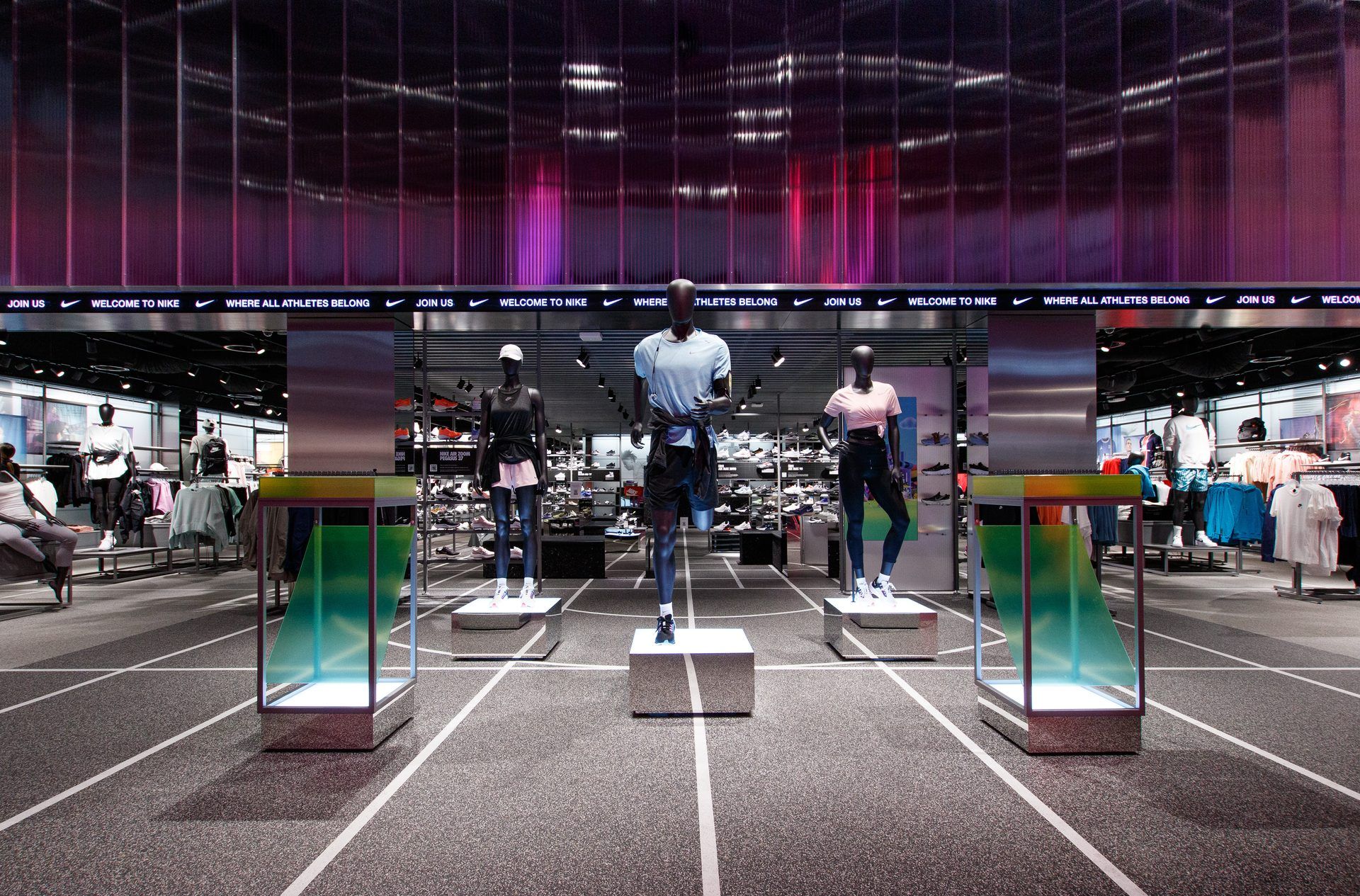
Retailers can verify whether the chosen floor layout is adequate for the floor size and product types with BI software. They can use BI solutions to analyze various data sets (such as the number of stops made, the length of visits, etc.) and suggest a floor plan that will make it simple for customers to identify the products they want.
Competitor tracking in social media
Businesses can track KPIs, look at item scores, and monitor social media sentiment using retail business intelligence. Merchandisers may also utilize this information to track sales and the performance of certain products, businesses, and brands.
Informed decision making
Businesses can use BI to combine many data sources for a complete picture of what is happening throughout their organization. Enhanced BI solutions also enable this process across intricate franchise networks. This allows better-informed decision-making processes and contributes to developing a consolidated, holistic vision.
More effective marketing
Retailers can determine which marketing strategies are effective and which are not using BI. This information can boost sales, generate revenue, create new campaigns, and determine where to spend money on marketing.
What are business intelligence challenges?
Business analytics and business intelligence solutions examples
You understand how business intelligence helps retail companies collect and evaluate business data from across the organization so they may make wise decisions. So, what are examples of analytics used in retail sales?
Let’s look at some real-life business analytics and business intelligence solutions examples to show how this business solution is the retail industry. These are some of the biggest companies that use retail business intelligence:
- Amazon
- Starbucks
- Walmart
Let’s explore how the retail industry uses business intelligence.
Amazon
The business employs business analytics to promote items, make logistical business decisions, and personalize product suggestions.
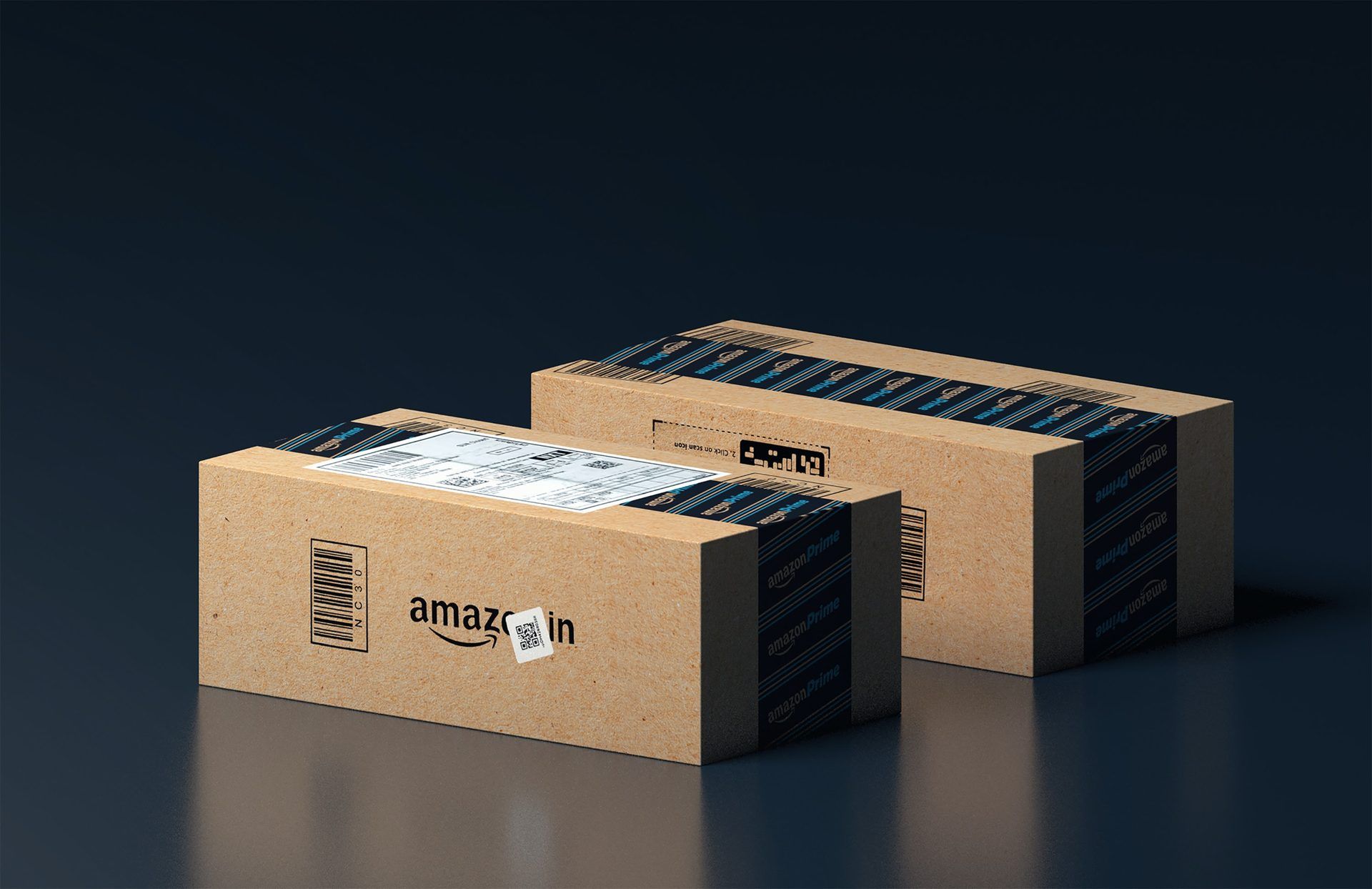
The main factor behind the efficient operation of Amazon’s extensive supply chain is in-depth data analysis.
Starbucks
Starbucks forecasts what products and promotions a customer is likely interested in using a retail business intelligence software. The business lets clients know about the deals it thinks they’ll want to take advantage of.

Starbucks can enhance sales volume and bring in current consumers more regularly thanks to this approach.
Walmart
The retail behemoth uses BI technologies to understand how internet behavior affects in-store and online activities.
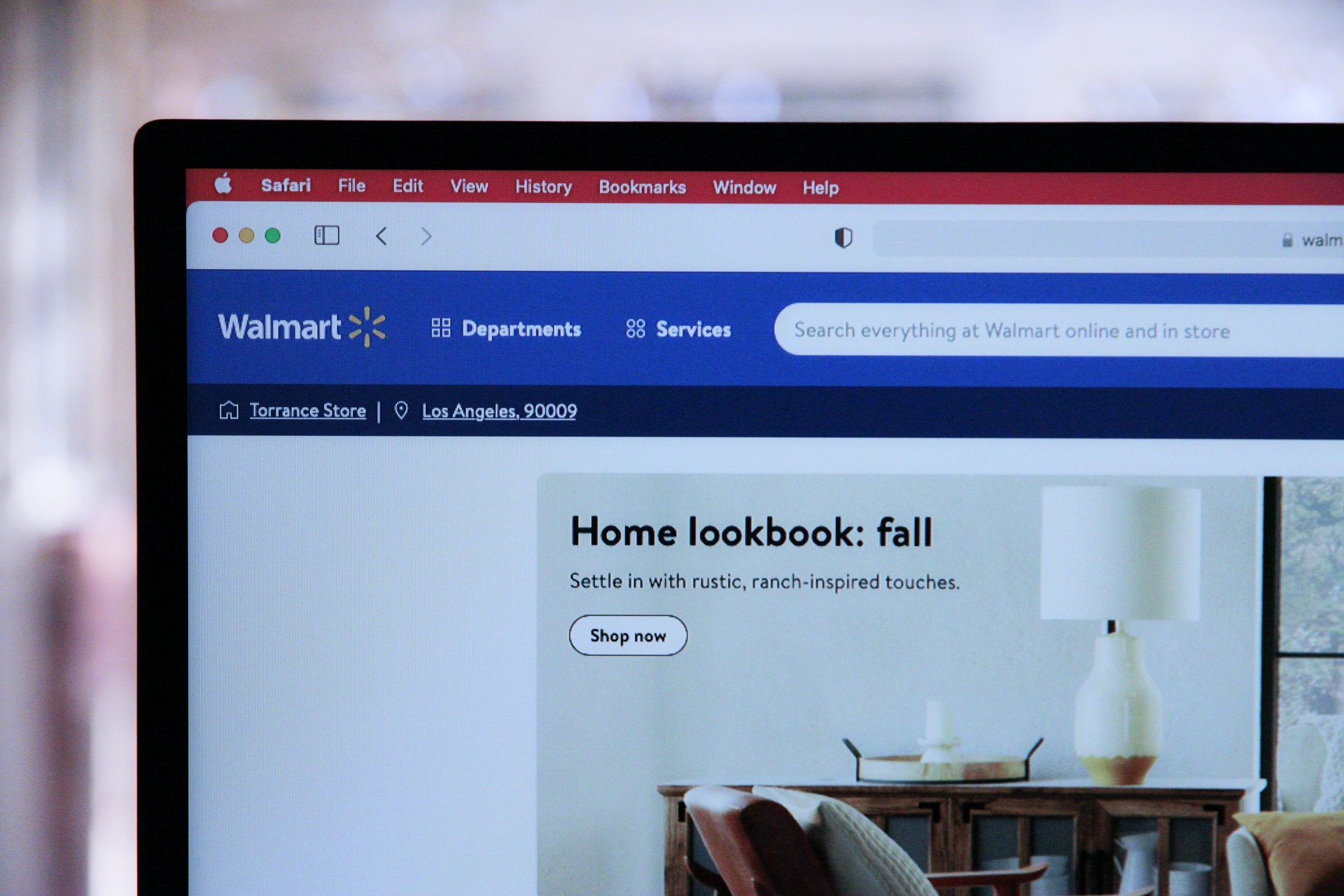
Using BI techniques, Walmart can comprehend the buying habits of its clients. For instance, they can learn how many customers used the Walmart app or website to search for a specific product before purchasing it on the same day. They can identify the busy times of the week and the user exit points.
Check out why business intelligence is a must in modern business
Best business analytics and business intelligence solutions in retail
The followings are some of the best business analytics and business intelligence solutions in retail:
- Alteryx
Alteryx
The self-service data analytics software provider Alteryx focuses on data blending and preparation. Users may clean, organize, and analyze data with Alteryx Analytics in a repeatable procedure.
Business analysts find this tool especially helpful when connecting to and purifying data from data warehouses, cloud apps, spreadsheets, and other sources. The platform provides capabilities for various analytical tasks (predictive, statistical, and spatial) to be performed inside a single user interface.
Amazon Web Services
Amazon QuickSight is a cloud-based business intelligence tool with embedded machine learning that is serverless and embeddable. It is some of the most known business analytics and business intelligence solutions in retail.
The tool enables the creation and publication of interactive BI dashboards that support natural language querying. It doesn’t require any infrastructure and can scale automatically to thousands of users. The pay-per-session pricing model promoted by QuickSight allows customers to only pay when users access dashboards or reports. You can use any device to access a dashboard.
IBM
Under two separate product lines, IBM provides a broad range of BI and analytic capabilities.
Users of the Cognos Analytics platform can access data to build dashboards and reports because it is an integrated self-service solution.
Incorporating automatic pattern recognition, natural language inquiry and generation support, and advanced analytics capabilities, IBM Watson Analytics provides a machine learning-enabled user experience. Both on-premises and as a hosted solution through the IBM Cloud, IBM’s BI software is available for deployment.
Microsoft
Microsoft is a significant player in business intelligence and analytics. Power BI, the company’s main product, is a cloud-based service provided by Azure Cloud.
On-prem capabilities are also available for individual users or when power users are creating intricate data mashups using internal data sources. Because users can create dashboards, prepare data for analysis, and uncover data using the same design tool, Power BI is exceptional.
The platform’s active user community helps expand the tool’s functionality and interacts with Excel and Office 365.
MicroStrategy
MicroStrategy combines self-service data preparation and visual data discovery in an enterprise BI and analytics platform. To connect to any enterprise resource, including databases, mobile device management (MDM) systems, enterprise directories, cloud apps, and physical access control systems, MicroStrategy offers native drivers and out-of-the-box gateways.
Its embedded analytics tool allows MicroStrategy to integrate various other websites and software programs, including chatbots, CRM tools, portals, and voice assistants like Alexa.
Oracle
A wide variety of BI and analytics solutions are available from Oracle, and they can be used either on-premises or in the Oracle Cloud.
The company’s Business Intelligence 12c solution includes conventional BI capabilities. With Oracle Data Visualization’s more sophisticated features, users can automatically visualize data as drag-and-drop properties, charts, and graphs. The program also enables users to save pictures of analytical moments in real-time through story points.
Salesforce
Depending on the position, sector, and features offered, the Salesforce Einstein Analytics platform has various variants. It is some of the most used business analytics and business intelligence solutions in retail.
Users can respond to inquiries using the product’s automatic data-finding capabilities that leverage clear and intelligible AI algorithms. Users can also modify analytics to fit their use case and strengthen findings with exact advice and detailed direction. With third-party apps, configurable dashboards, and customizable themes, Einstein also enables the creation of sophisticated experiences.
SAP
The enterprise and business-user-driven editions of SAP’s BI and analytics solutions are extremely comprehensive.
BusinessObjects Cloud and BusinessObjects Enterprise are cloud-deployed versions of the company’s flagship BI portfolio built on top of the SAP HANA Cloud. Additionally, SAP provides a range of conventional BI features for reporting and dashboards. The BusinessObjects solution houses the vendor’s data discovery capabilities, while the SAP Lumira tool set offers extra capability, such as self-service visualization.
Sisense
Organizations can easily extract business insight from complicated data of any size or format, thanks to Sisense. Without scripting, coding, or help from IT, consumers may aggregate data and discover insights in a single interface thanks to the solution. It is some of the best business analytics and business intelligence solutions in retail.
Additionally, it has extensive analytical capabilities, including a dashboard and visualization front-end. Organizations that want to evaluate significant amounts of data from many sources should use Sisense.
Tableau Software
Tableau is regarded as the key participant in the market and provides a comprehensive visual BI and analytics platform. The three primary distribution channels for the company’s analytic software portfolio are Tableau Desktop, Tableau Server, and Tableau Online.
Tableau is accessible on-premises or in the cloud and links to hundreds of data sources. Users may see and share data using Tableau Public, and the provider also provides embedded analytics tools.
Tellius
Tellius is a platform for AI-driven decision intelligence that enables quick data insights. The business uses automation and augmentation to speed up customers’ time to insight.
Users of the Tellius Platform can query their company data, examine trillions of records, and derive automated insights by combining AI and machine learning with a search interface for ad hoc exploration. Live Insights, which provides AI-guided insights from cloud data warehouses without relocating data, was just introduced by the firm.
Is artificial intelligence better than human intelligence? Check out the cons of artificial intelligence
Retail BI implementation cost
The price of a retail BI installation project, which includes creating an OLAP cube, self-service reports, dashboards, and a central data warehouse with data marts for storing retail data, may be as follows (Software license fees are not included):
- $80,000-$200,000 – for retail companies with 200-500 employees
- $200,000 – $400,000 – for retail companies with 500-1,000 employees
- $400,000 – $1,000,000 – for retail companies with 1,000+ employees
What is retail analytics software?
Retail software is computer software that is usually downloaded through the Internet and installed on PCs after 2005. (also known as cloud-based).
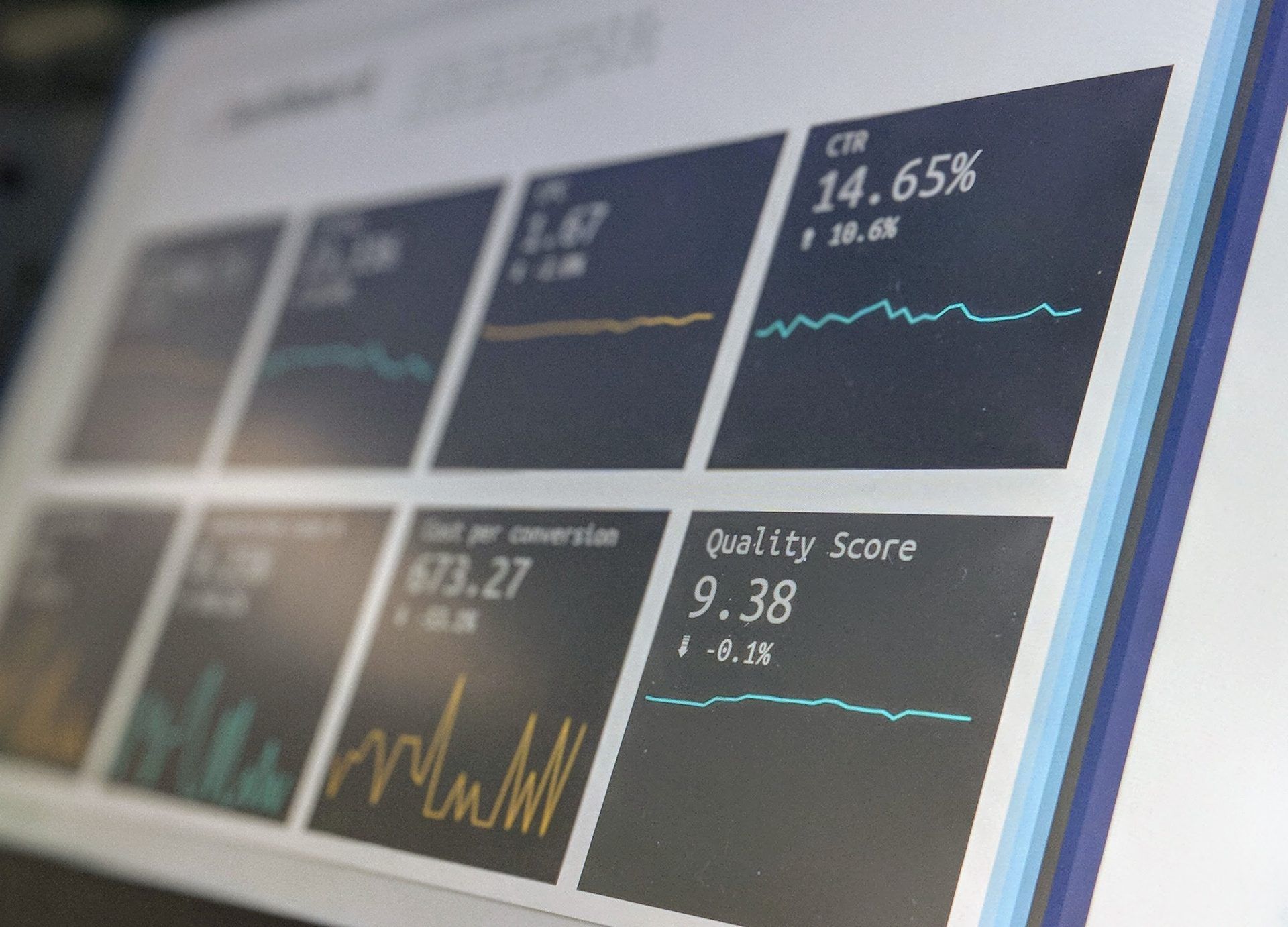
In the past, this software was distributed using tangible data storage media that was sold to end users, but today, very few businesses still distribute their software via tangible media. Usually, restricted licenses (like EULAs) or the Software-as-a-Service (SaaS) business model are used when selling software.
What is an example of retail software?
The goods sold on IBM PCs and its knockoffs in the 1980s and 1990s, including well-known programs like Lotus 123, Word Perfect, and the different components of Microsoft Office, are the most well-known examples of retail software.
How do build the best business intelligence strategies?
What are the types of retail data analytics?
There are four different kinds of retail data analytics, which is crucial in giving modern merchants critical knowledge on running their companies.
The retail data analytics types are as follows:
- Descriptive analytics
- Diagnostic analytics
- Predictive analytics
- Prescriptive analytics
Conclusion
To ensure that retailers can take advantage of business intelligence and business analytics, choosing and applying the appropriate BI tool is crucial.
Businesses and franchises may turn data-driven insights into successful outcomes by combining data with a centralized view, establishing and tracking KPIs, and using easy-to-customize dashboards.
Do you know business intelligence analyst, data architect, cloud computing, and data engineer jobs are hot and on the rise?





